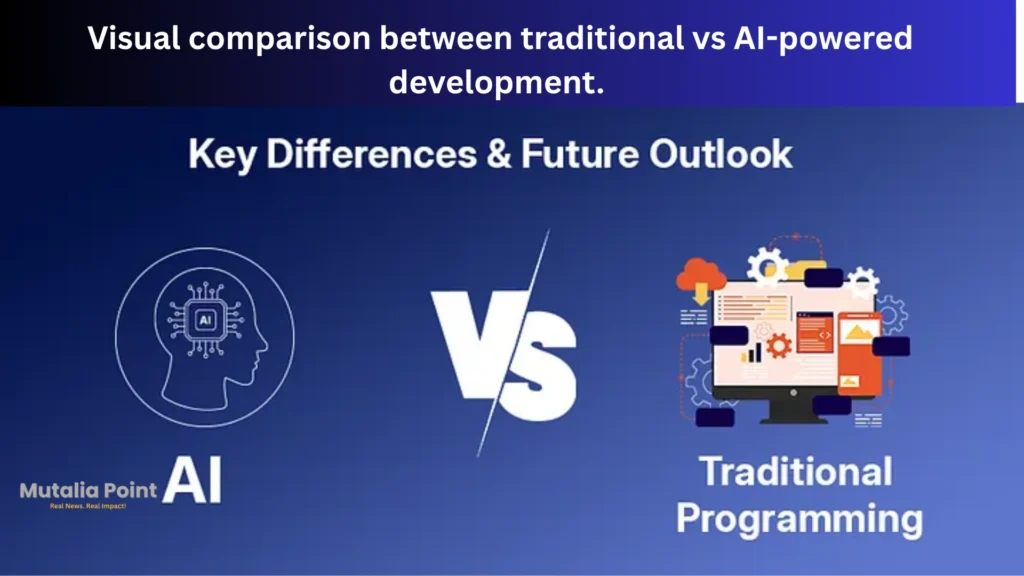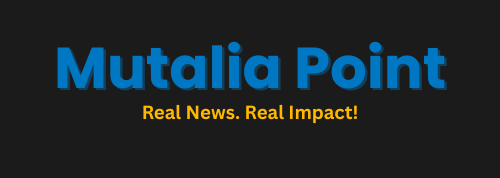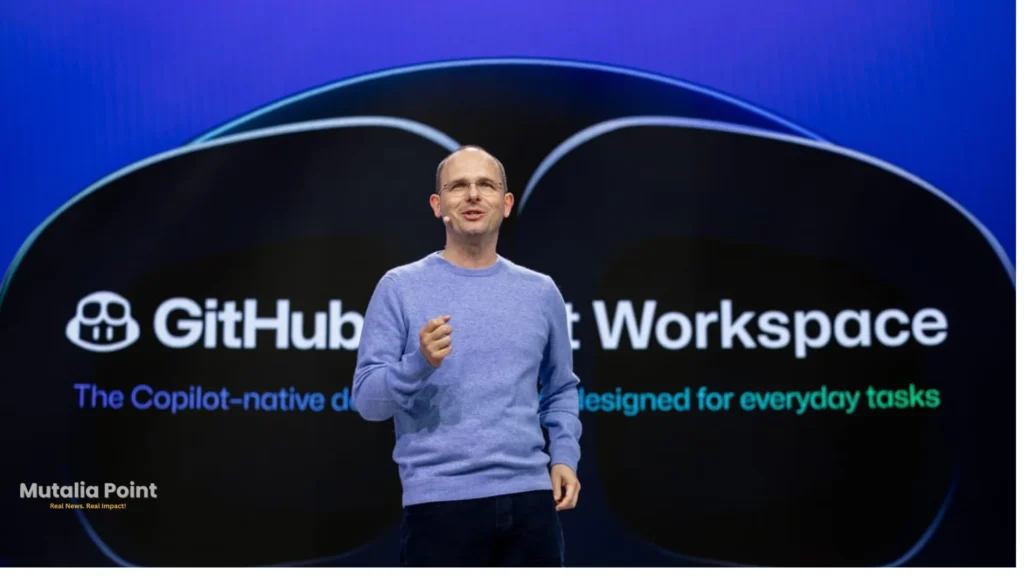GitHub CEO AI Warning has sent shockwaves through the global developer community. During a recent tech conference, GitHub CEO Thomas Dohmke issued a powerful and direct message: “Embrace AI or get out.” His words have sparked widespread discussions among coders, tech experts, and software companies around the world. This bold statement from the leader of the world’s largest developer platform is seen not only as a warning but as a wake-up call for those who still resist the rise of artificial intelligence in programming.
Dohmke’s message reflects a growing belief in the tech industry that the future of coding belongs to those who learn how to collaborate with AI tools. According to him, developers who refuse to adapt risk becoming irrelevant in the next few years. His statement has made headlines because it doesn’t leave room for hesitation. In a world where AI is changing everything from code generation to debugging, GitHub’s top executive is making it clear: the developer community must evolve—or step aside.
GitHub, owned by Microsoft, has already invested heavily in AI-powered tools like GitHub Copilot, which helps developers write code faster and smarter. Dohmke emphasized that these tools are not meant to replace developers but to make them more productive. However, he also warned that companies will no longer wait for programmers who are stuck in old methods. Speed, efficiency, and adaptability are now essential.
GitHub CEO AI Warning Shakes Developer Community
The GitHub CEO AI warning has sparked intense discussion among developers worldwide. Thomas Dohmke’s bold statement urging programmers to “embrace AI or get out” highlights a critical shift in the tech world. With AI tools like GitHub Copilot becoming essential, developers must now adapt quickly to remain relevant in the evolving software industry.
Many developers have expressed concern over the idea that AI might take over coding jobs. But Dohmke explained that the role of a developer is not going away—it’s transforming. He compared it to how calculators changed math education. Just as students still learn math but use calculators to speed up the process, developers will still write code but with the help of AI to improve quality and reduce errors.
He also highlighted that the rise of AI is not a threat but an opportunity—especially for beginners. New developers can now learn faster with AI-assisted tools, getting real-time help as they code. This could lower the barrier to entry for millions of people worldwide and bring more diversity into the software industry. According to Dohmke, “AI will not replace developers, but developers who use AI will replace those who don’t.”
Developers React to GitHub’s Bold AI Stance
The developer community has shown mixed reactions to GitHub’s CEO message. While some welcome the clarity and believe it’s time for the industry to evolve, others feel uneasy. Long-time coders worry that their years of experience may become less valuable if AI takes over tasks they’ve mastered. Some fear job losses and reduced demand for human programmers.
However, many software leaders argue that AI is simply the next tool in the evolution of development. Just like open-source changed the industry in the 2000s, and cloud computing did in the 2010s, AI is the revolution of the 2020s. Those who learn to use it will stay ahead. Experts say that embracing AI doesn’t mean losing creativity—it means enhancing it. Developers can focus more on solving complex problems while leaving repetitive tasks to machines.
Educational institutions and coding bootcamps are now being urged to include AI tools in their curriculum. Many tech companies have already started retraining their staff. GitHub’s leadership is pushing for a future where every developer has access to AI tools and understands how to use them effectively. Dohmke even suggested that GitHub Copilot could become as important as a keyboard in the future developer toolkit.
GitHub’s CEO also hinted at plans to improve and expand Copilot, making it even more useful for teams working on large-scale projects. He said the goal is not just to assist in writing code but to help in understanding it, maintaining it, and even securing it. These developments are expected to reshape software engineering at every level—from startups to enterprise systems.
Embrace AI or Fall Behind: What This Means for the Future

The message “Embrace AI or get out” is not just for developers; it’s for the entire tech world. It reflects a major shift in thinking about how software is built, maintained, and scaled. AI is becoming an essential part of the development workflow. Just like typing speed and version control became standard skills, using AI tools might soon be a basic expectation.
For companies, this means hiring practices will change. Candidates who understand AI tools will likely have an edge. For students, it means learning AI tools alongside languages like Python or Java. For freelancers and solo developers, adapting to AI could be the difference between growth and stagnation.
GitHub’s warning might sound harsh, but it comes with a clear purpose: to push the industry forward. Those who pay attention now and begin learning AI-based development will be well-positioned for the future. Those who ignore it might find themselves left behind as technology moves on without them.
The future of software development is no longer just about writing clean code. It’s about writing smart code—faster, better, and with help from AI. Whether you’re a student, a seasoned developer, or a tech leader, the message is clear. The world of programming is changing, and it’s time to change with it.















